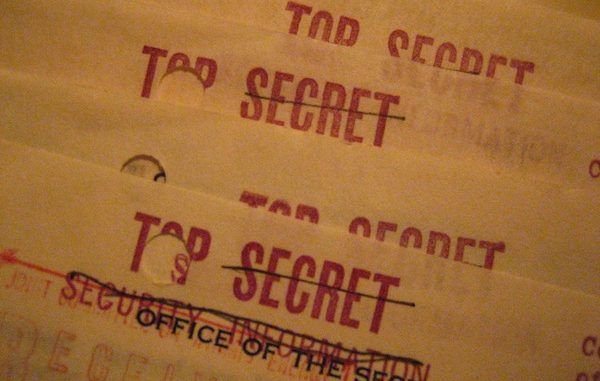
A U.S. judge has ordered that the U.S. must supply citizens information as to whether they are on the ‘no-fly’ list and the reason behind it.
Washingtonpost.com reports:
The Justice Department said U.S. citizens and residents can find out whether they are on the “no-fly” list and possibly receive a summary of the reasons for their placement in the secret database, according to documents recently filed in federal court.
As part of a lawsuit filed in Oregon by the American Civil Liberties Union, a federal judge in June ruled that the government’s lack of effective procedures for people to challenge their inclusion on the controversial list was unconstitutional.
The judge ordered the United States to revise redress procedures for the plaintiffs directly affected by the no-fly list. Previously, if someone wanted to challenge a decision not to allow them to board a plane, he or she could appeal to the Department of Homeland Security, but the government would neither confirm nor deny their no-fly status.
The judge in the case called the former process “wholly ineffective.” There are about 47,000 people on the no-fly list, about 800 of whom are Americans. They are barred from boarding a U.S. carrier, a U.S.-bound flight or entering U.S. airspace.
“Under the newly revised procedures, a U.S. person who purchases a ticket, is denied boarding at the airport . . . will now receive a letter providing his or her status on the No Fly List and the option to receive and/or submit additional information,” the Justice Department said in documents filed Monday in federal court in Portland.
The Justice Department also said people could ask for more information about why they were on the list and potentially receive a more detailed response that includes an “unclassified summary of information” supporting the person’s status on the list.
Prosecutors, however, cautioned that the “amount and type of information provided will vary on a case-by-case basis, depending on the facts and circumstances. In some circumstances, an unclassified summary may not be able to be provided when the national security and law enforcement interests at stake are taken into account.”
In 2010, the ACLU sued the attorney general and the FBI director on behalf of 13 people — all U.S. citizens or residents — seeking to challenge why they were on the list. One of those was Ayman Latif, a former U.S. Marine who was trying to return to Miami from Egypt but was told he could not board the plane.
Latif, of Stone Mountain, Ga., lost his veteran disability benefits because he was unable to fly home and attend required evaluations. After the lawsuit, the government granted him a “one-time waiver” and allowed him to fly home.
Hina Shamsi, a lawyer with the ACLU who represented Latif and the others, praised the government for finally agreeing to tell people whether they were on the list, after years of fighting the issue in court.
But she said the government’s new redress process “falls far short of constitutional requirements because it denies our clients meaningful notice, evidence, and a hearing.”
“The government had an opportunity to come up with a fair process but failed, so we’re challenging it in court again,” she added.

